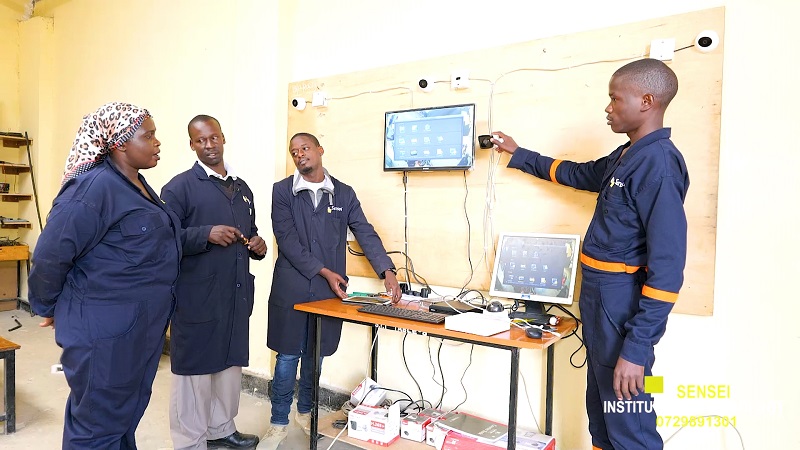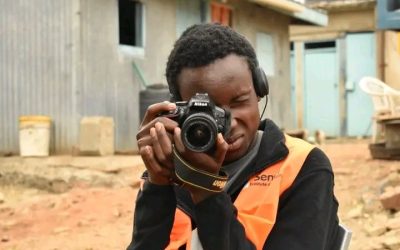What you need to know About CCTV installation

CCTV Installation is now a growing trend. The increase in the need to have security in houses, offices, streets, and schools has seen the rise in the use of CCTVs.
In full CCTV means closed-circuit television. Another term used under CCTV is DVR. DVR means Digital video recorder. This is a digital video recorder a computer that converts the incoming signals from the cameras to digital, and compresses them, and stores it for records.
Types of CCTV Cameras
There are a number of types of CCTV cameras you need to know. They include;
- Dome CCTV
- Bullet CCTV
- C-Mount CCTV
- PTZ Pan-tilt CCTV
- Day/Night CCTV
- Infrared CCTV
- IP CCTV
- Wireless CCTV
- HD CCTV
- Dome CCTV
Advantages of CCTV Cameras
- CCTV prevents crimes
- They also help you monitor activities in a house, school or a compound
- Helps you gather evidence in a particular scenario
- CCTV cameras also help you maintain records of day to day happenings
Disadvantages of CCTV cameras
- You do not have privacy as a person
- They can be expensive to install in a house
- They can be damaged by a natural or technical occurrence
- They may not necessarily prevent crime directly; they only keep records that one can use
What is CCTV installation course?
CCTV Installation Course is a practical training program that will enable the trainee to install and maintain a security system that will carry out the functions for which it was designed to do.
Additionally, the learner will have the ability to monitor security services.
Where can I learn CCTV in Kenya?
You can learn CCTV Installation Course at Sensei Institute of Technology. The institute offers the training on a full-time practical basis.
The location of the campuses in Nairobi, Kitengela area, and Nakuru at Barnabas Centre along Nakuru – Nairobi highway.
Is CCTV installation marketable in Kenya?
CCTV Installation Skills is one of the most marketable courses in Kenya. This is alongside skills related to skills including biometric systems.
How long does it take to do a CCTV course?
Sensei offers CCTV training for one-month full-time practical. This is to ensure you grasp all the skills you need in this area.
How much does a CCTV course cost?
The best CCTV course in Kenya is offered by Sensei college at a cost of Ksh 25,000 only. Upon completion of training, you also get a certificate and a letter of recommendation.
Can I do a CCTV course online?
CCTV is a very practical course at you are best placed learning the course in person in school.
Simple Steps of installing a CCTV Camera
- Plan well
- Select the right locations
- Mount the cameras
- Place the digital video recorder
- Ensure the cables are well placed
- Connect the wires
- Power the system for it to begin working
How much does CCTV cameras cost in Kenya?
The cost ranges from Ksh 10,000 depending on the quality you desire.
Can CCTV work without internet?
Yes, a CCTV Camera can work without the internet. Further, they can work without electricity. However, using internet and electricity has benefits therefore it is still important.
How to connect CCTV camera to my phone
You can easily connect CCTV Camera to your phone in simple steps
- Install and launch the security camera app on your smartphone
- Add your security camera to the application using the model code or QR code
- Click on the security camera linked to the phone to see a live view
- Set configurations such as motion detection, alert frequency, etc to suit your monitoring requirements.
Conclusion
CCTV Cameras are becoming part and parcel of our daily lives and you can earn a living by installing CCTV cameras to people’s houses, schools, etc. For more information, you can leave your question in the comments section.






